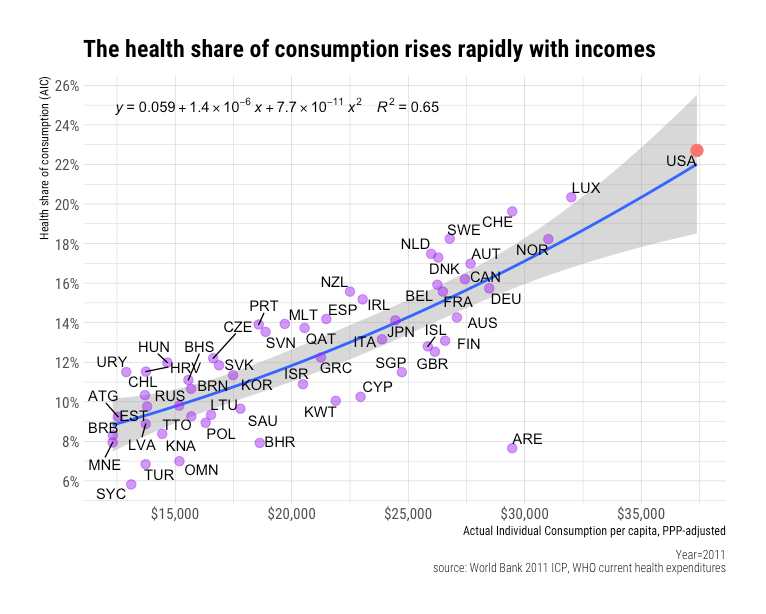chop2chip
Well-known member
Healthcare, like other services, is influenced by supply and demand, which ultimately affects its cost. Patients, insurers, providers, and the government all play a role in determining the price and accessibility of healthcare. Introducing universal healthcare as “free” would likely impact the availability of services. When healthcare is perceived as free, there is a risk of overuse or misuse of resources, leading to inefficiencies.
For example, in Canada, which operates under a universal healthcare system, there are fewer MRI machines in the entire country than in the state of Massachusetts, illustrating potential limitations in resource availability.
In the United States, healthcare is regulated more by market forces. Patients and insurers bear a significant responsibility in controlling usage. If a patient has the flu and their insurance requires a $100 co-pay, they must decide whether the situation warrants the cost of a doctor visit.
If the goal is to prioritize different outcomes, such as universally accessible healthcare at the cost of longer waiting times or fewer sophisticated services, then maybe Canada’s way of things is better. I personally think it would be terrible idea.
For example, in Canada, which operates under a universal healthcare system, there are fewer MRI machines in the entire country than in the state of Massachusetts, illustrating potential limitations in resource availability.
In the United States, healthcare is regulated more by market forces. Patients and insurers bear a significant responsibility in controlling usage. If a patient has the flu and their insurance requires a $100 co-pay, they must decide whether the situation warrants the cost of a doctor visit.
If the goal is to prioritize different outcomes, such as universally accessible healthcare at the cost of longer waiting times or fewer sophisticated services, then maybe Canada’s way of things is better. I personally think it would be terrible idea.

